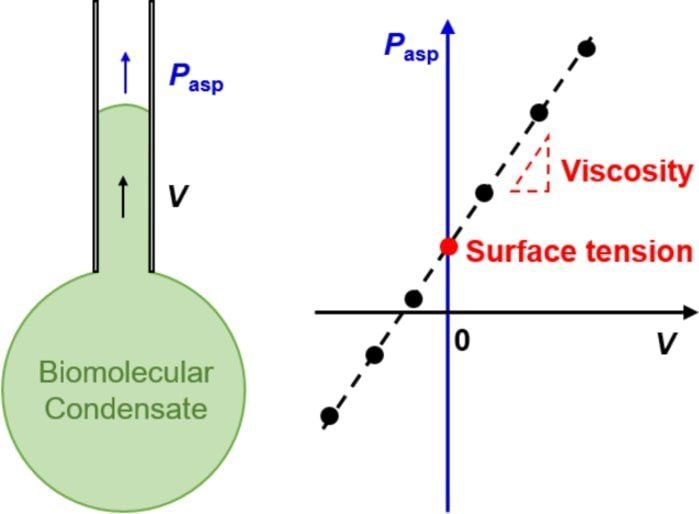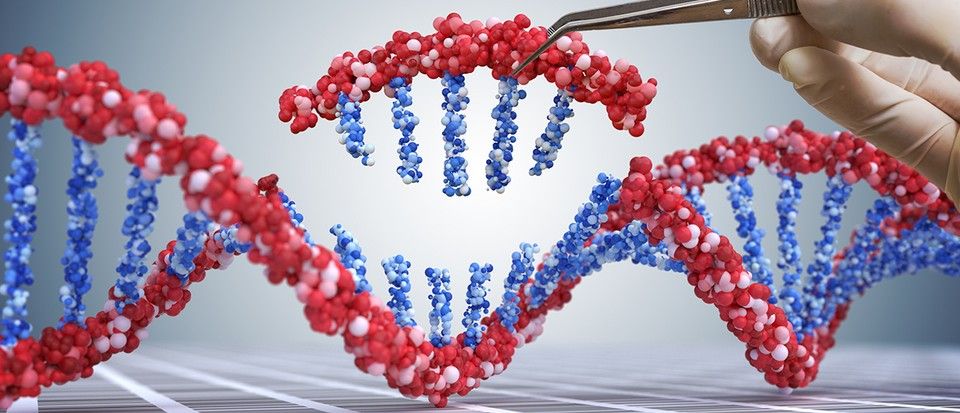By Susan Ip-Jewell## **Space Medicine, Health and MedTech Innovations, a lecture by Susan Ip-Jewell**
In the frame of the new Space Renaissance Academy Webinar Series programme, chaired by the optimum Sabine Heinz, a quite interesting and rich lecture was given yesterday by Dr. Susan Ip Jewell.
Susan is CEO and founder of Mars Moon Astronautic Academy Research Science (MMAARS), one of the SRI VicePresidents and a pasionate space activist. And she’s Commander of Analog Training missions on Moon and Mars simulated surface.
In her lecture, she gives us a wide overlook on many aspects of human health in space, the edge of the space medicine, the innovative techniques using incremental technologies, developing systems integrating robotic, artificial intelligence, remote telemedicine, avatars and drones.
Btw, Sabine, in addition to being an efficient organizer and coordinator, has revealed unexpected talents as a great media presenter!
Sabine was fantastic, moderating the intense discussion that followed the lecture, about the many challenges humanity is facing, while kicking off the civilian space development.





